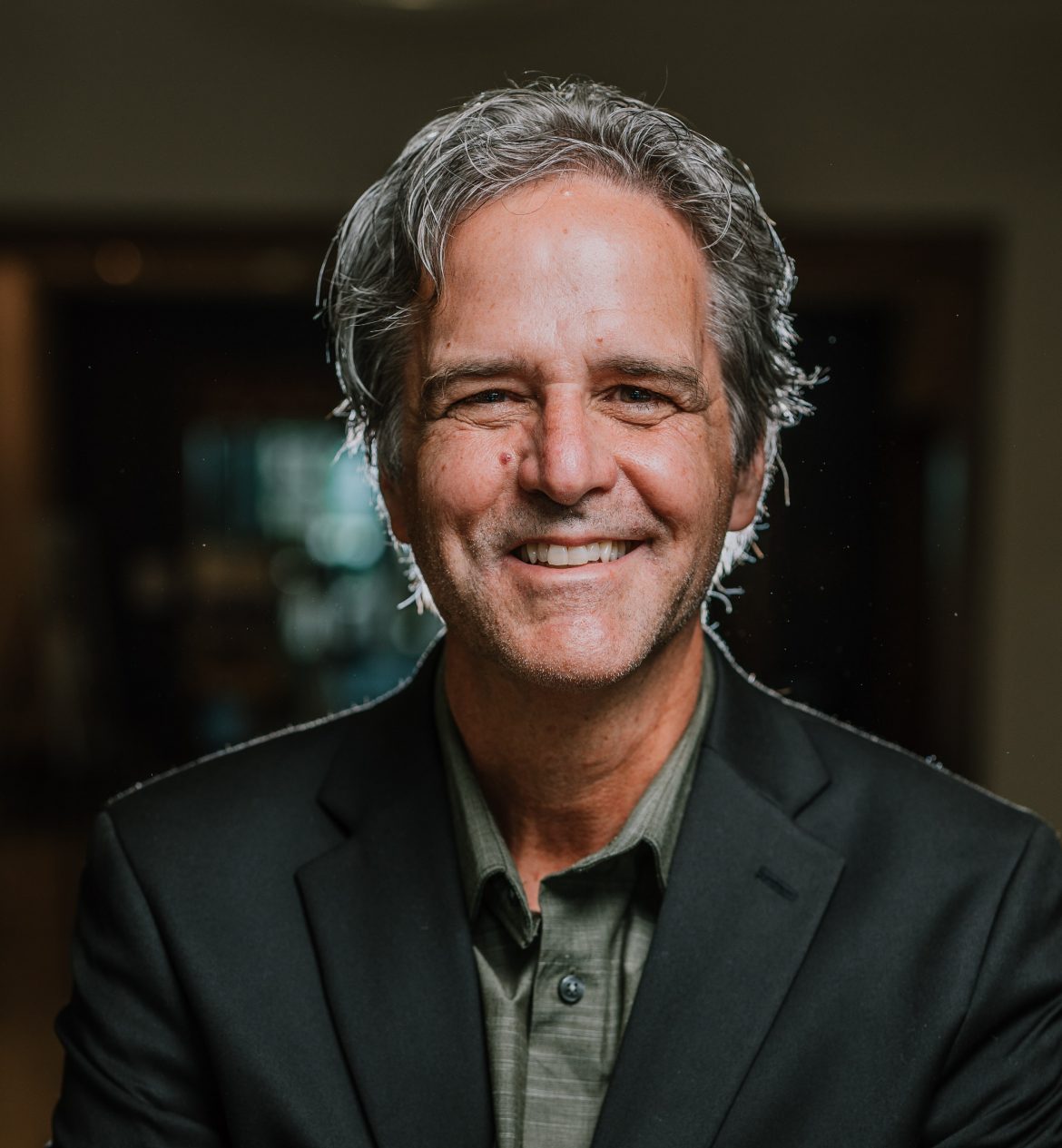David Hicks recently joined Wilkes as director and faculty of practice in the Maslow Family Graduate Program in Creative Writing. Although his office is a little bit out of the way in Harold Cox Hall on South River Street, he’s making himself at home on campus. An accomplished fiction writer, Hicks is the author of the novel “White Plains,” published by Conundrum Press/Bower House Books in 2017. His short stories and essays have appeared in numerous publications, including Writer’s Digest, Saranac Review and Glimmer Train Stories. His short story “Diamond Dash” in the Colorado Review was nominated for a Pushcart Prize and his story “A Cylinder of Ash” won the 1999 Fiction Award, Colorado Council on the Arts. Hicks earned his Ph.D. in English from New York University, a Master of Arts in English from St. Bonaventure University and the Bachelor of Arts in English from Nazareth College.
Hicks took some time to answer some “getting to know you” questions posed by News@Wilkes.
Where is “home” for you?
Well, that’s a tough question. 😊 Home is Harrison, New York, ten miles north of the Bronx, where I grew up. My mother and brother still live there, and my sister lives a half-hour to the north. But home is also Colorado, where I’ve lived for the last 20 years, and for that matter NEPA for a couple of years. But my true “heart” home is Naples, Italy, where my mother is from and where my Italian family lives. It’s where I feel like my most natural self, and where I feel most at home.
What position did you hold before joining Wilkes?
I was a tenured full professor at Regis University in Denver, where I taught American Literature and founded/directed the (Mile-High) MFA in Creative Writing.
What drew you to apply for the position of director of the Maslow Family Graduate Program in Creative Writing?
That brings up the question about “home” again, which has been on my mind lately. In the fall, my wife, who is from Kingston (just over the Market Street Bridge) suffered a devastating loss, and as we flew back and forth from Denver to Wilkes-Barre, we realized it was time to move back to this area to be closer to our families. Since she’s much more talented than I am, I figured she’d be the one to get a new job in this area, but in the meantime I thought I’d take a look to see if a “dream job” was available to me. I immediately saw the ad for the creative writing position at Wilkes, and jumped on it. I was immensely grateful when I was offered the position, and very happy to be returning to this area.
The creative writing program emphasizes giving its graduates an introduction to the writing life – a life its faculty already are living. How would you describe your writing life?
For most of my life, I didn’t have a writing life. I taught literature and writing, was the chair of my department and a variety of faculty committees, and was as devoted to my job, and to my university, as anyone could be. But when I hit 40, I decided to re-focus my energies on my writing. Not that I developed any kind of regular writing practice—I wrote whenever I could grab a free hour, whether in the early morning, or at lunchtime, or late at night, and anywhere I could, in airports, hotel rooms, the kitchen, my office—but whenever and wherever it was, I was able to immediately lock in, focus, and shut out everything else around me. What helped me the most, though, were my writing buddies. I asked various writer friends to meet me on a regular basis, either online or in person, to write with me. And that, more than anything, kept me on task. Because when I write with someone, I don’t “cheat” (e.g. check email or social media), and I write for longer stretches of time, with the added benefit of the camaraderie and support that comes with engaging in such a shared enterprise.
I understand this isn’t the first time you’ve lived and worked in northeastern Pennsylvania. What is your family’s history in this area?
I have a great relationship with my in-laws, a big family (my mother-in-law is the oldest of ten) that lives in the Wilkes-Barre area. But when I lived here before, in the late 1990s, I was on my own, working as the chair of the English Department at Marywood (University) and living in the woods to the north of Scranton, in Nicholson, Pa. And in my second semester at that job, I met a very smart adjunct faculty member who wound up being my wife, so I often drove down to Kingston to see her.
The pandemic is posing some challenges for people starting new positions. How are you getting to know Wilkes with the social distancing restrictions that are in place?
Everyone is being extraordinarily accommodating and kind, despite all the trouble that 2020 has brought us. I’m amazed at the lengths to which my new colleagues have gone to ensure that I feel welcome. I’ve had plenty of Zoom meetings, but I’m also fortunate to work in a spacious office building (Harold Cox Hall), with a conference room where I can meet people in person (masked, of course) and have an almost-ordinary conversation. Soon, I hope, I’ll be able to visit everyone in person, because I’m always looking for an excuse to go outside and walk across our beautiful campus.
Right now I’m reading “The Waiter,” by the Norwegian writer Matias Faldbakken. (And, as always, several manuscripts/books written by students and colleagues in our program.)
People would be surprised to learn that I played saxophone for a rock and roll cover band in Denver called the Plagiarists.
If I have a free afternoon, you’ll find me hiking the Appalachian Trail!
